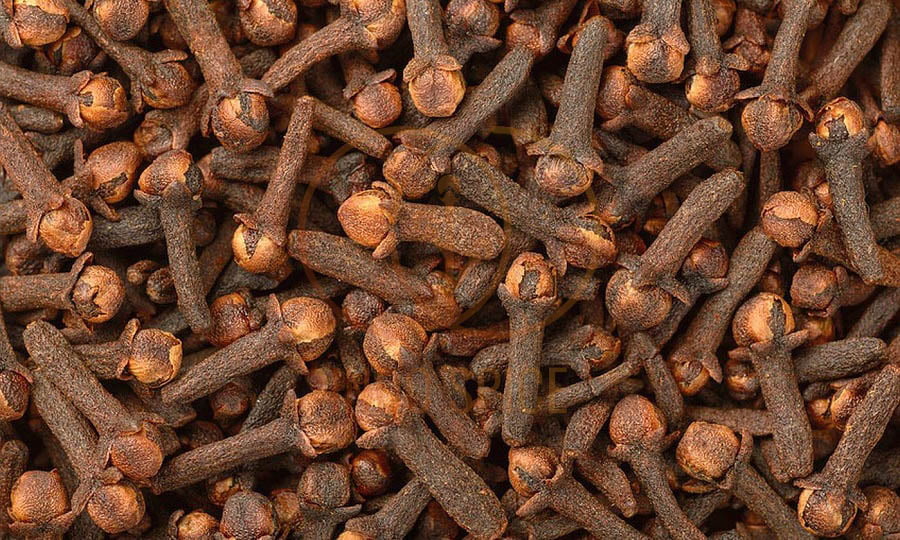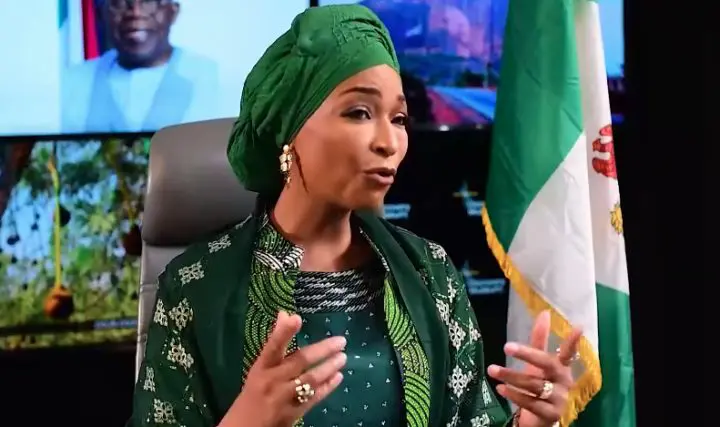A transformative initiative backed by the World Bank and the Food and Agriculture Organization (FAO) is set to benefit 5000 smallholder farmers in the forest communities of Cross River and Ondo States in Nigeria. This intervention aims to establish alternative livelihood projects, steering locals away from further depletion of the country’s remaining forests.
The Global Environment Facility’s 3-year FOLUR Impact Programme, spearheaded by Prof Oladapo Adeyemi, is driving this sustainable effort. The selected farmers, hailing from eight local government areas, will be involved in activities such as boosting oil palm and cocoa production, as well as engaging in alternative livelihood initiatives like squirrel and rabbit rearing.
With a focus on accelerating sustainability across the value chains of key commodities and food staples including cocoa, coffee, livestock, maize, palm oil, rice, soy, and wheat, the program is designed to empower communities and deter them from contributing to deforestation. Adeyemi emphasized the significance of this initiative, which was originally planned as a 5-year program but has been condensed to three years due to its importance.
Funding for this program, facilitated by the World Bank through the Global Environment Facility, is expected to reach $50 million during the specified period. The FAO, alongside other official partners in Nigeria such as the state government, the Central Bank of Nigeria, and the Bank of Agriculture, are integral in ensuring the success and impact of this vital endeavor.



